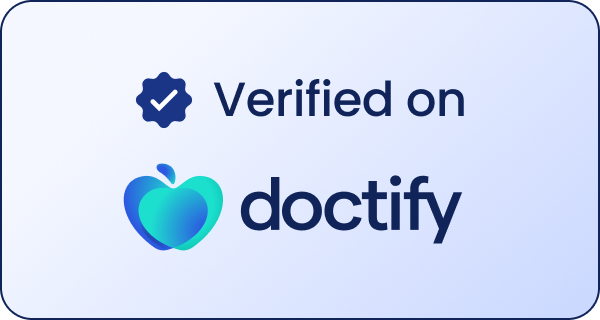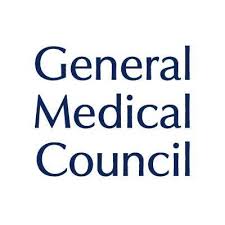How we can help
At Kidswell Health, our expert paediatricians and respiratory specialists are highly experienced in diagnosing and managing asthma in children. We take a compassionate, tailored approach to each child’s care, providing personalised asthma action plans and ongoing support to ensure their symptoms are well-controlled.
Our clinic is equipped with advanced diagnostic tools like FeNO testing, and our team works closely with families to help children understand their condition and feel confident managing it.
Additional Resources
NHS
NHS England: Childhood Asthma
Asthma and Lunk UK
Disclaimer: Information contained on this page is intended as general advice and does not replace a medical assessment. If you are concerned about your child’s health, please contact your doctor for advice. In an emergency or for urgent care, call 999 or visit your local A&E.



